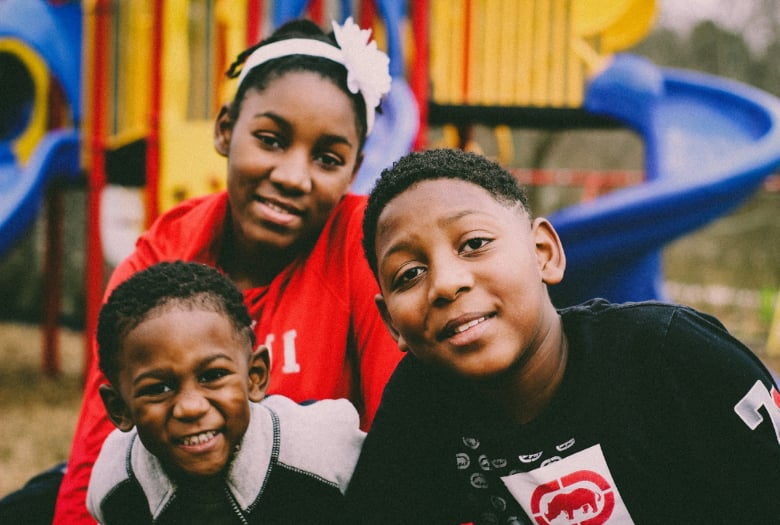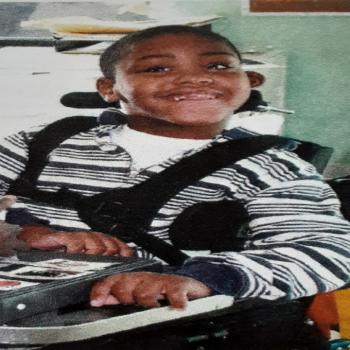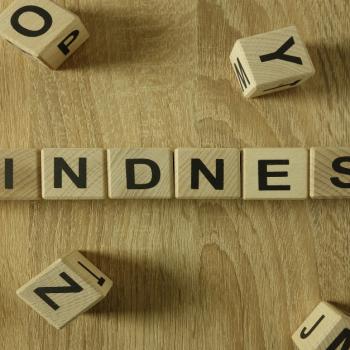
Introduction
Questioning Sibling Rivalry
Did you know that National Siblings Day will occur on Thursday, April 10, 2025?
As Americans, we live in such a celebratory culture that having a day to honor our siblings is fitting.
After all, siblings can be some of our first friends, role models, and confidants. I am blessed to have twelve siblings (four each through biological birth, adoption, and foster care).
However, siblings may also be our first bullies, biggest annoyances, and most significant rivals.
These conflicts begin so early that one may think sibling rivalry is a natural part of growing up. But what happens when childhood conflicts lead to adult grudges that cause dissention in families?
How does God feel when brothers and sisters are at odds? What is his design for siblings within a sanctified family structure?
Answering these questions requires examining several instances of sibling rivalry in the Bible. Before analyzing scripture, let’s discover how National Siblings Day became an official date and learn other interesting facts about siblings.
National Siblings Day
National Siblings Day Foundation
One individual who understands the value of siblings is Claudia Evart. Evart tragically lost her brother Alan and sister Lisette in separate accidents at a young age.
Refusing to wallow in grief’s misery, Evart used the pain of this tragedy to create National Siblings Day. We celebrate this special occasion on April 10 to honor Lisette on her birthday.
In addition to creating a day to honor Lisette’s and Alan’s memory, Evart founded the Sibling’s Day Foundation (SDF). SDF is a publicly supported 501 c.3 volunteer organization promoting the need for federal recognition of National Siblings Day.
They are not alone in this battle. The volunteer organization has and continues to receive endorsements from individuals such as
- Television and media outlets like CNN, Voice of America, and YouTube’s global blogs.
- Oprah Winfrey (promoting the day on her national television show for three years).
- 49 of 50 United States Governors who’ve issued a Gubernatorial Proclamation.
- Former Presidents Bill Clinton, George Bush, and Barack Obama.
- Countries such as Brazil, South Africa, and the United Kingdom now celebrate this day.
Interesting Facts
Similar to the previously mentioned countries, Hindu nations celebrate Raksha Bandhan. Raksha Bandhan uniquely honors the bond between brothers and sisters.
The women tie a sacred band around their brothers’ wrist, acknowledging their commitment to protect them. Brothers reciprocate this care by giving their sisters gifts like jewelry, perfume, and rings.
Learning about Raksha Bandhan sparked my curiosity about what other interesting facts are known about siblings.
Experts say
- Older siblings are usually wiser.
- Younger siblings are typically funnier and shorter.
- Having siblings of the opposite sex makes dating easier.
- People tend to marry someone who has the same birth order.
- 16% of Americans have a loving relationship with their siblings.
- 10% of Americans say their siblings are their best friends.
- 5% of Americans share clothes and hang out with their siblings regularly.
- 19% of Americans believe they and their siblings are completely different.
- 14% of Americans have a love/hate relationship with their brothers and sisters.
- 8% of Americans admit to being bullied by their siblings.
Sibling Rivalries in the Bible
Cain & Abel
Statistics highlighting the tension in some sibling relationships should not come as a surprise. Sibling rivalries have been prevalent since the beginning of creation.
Genesis 4:1-16 proves this as Moses tells the story of Cain and Abel. These two men are Adam and Eve’s offspring and were born after their parents committed the first sin against God.
Consequently, they are born in iniquity and prone to replicate similar rebellious behavior against their creator. This truth manifests through sibling rivalry as Cain kills Abel during harvest time.
Cain murders his brother because of the favor Abel receives from God for presenting an acceptable sacrifice. Interestingly, Cain’s transgressions in this sibling rivalry give birth to
- Jealousy
- Envy
- Premeditated murder.
- Cain repeating his parents’ sin by not initially taking accountability for his sin.
- Intense manual labor.
Jacob, Esau, Rachael, & Leah
Intense labor can also describe Rebekkah’s pregnancy experience with Esau and Jacob. These twins’ dissension began in the womb, constantly jostling each other (Genesis 25:22, New Living Translation).
God tells Rebekkah the jostling occurs because the twins represent two rival nations. One nation will be stronger than the other, and the older will serve the younger.
God’s word concerning Jacob and Esau manifests in a few ways. First, Jacob is born grasping Esau’s heel.
When they became older, Jacob took advantage of Esau’s hunger by taking his birthright for some stew (Genesis 25:29-34). One can not blame Jacob for this transaction since Esau did not value his birthright (Genesis 25:34).
However, Jacob and Rebekkah deserve blame for their deception. They deceive his feeble father Issac by putting on Esau’s clothes and pretending to be him to steal his blessing.
Jacob’s deception brings God’s promise to pass, but it also fuels Esau’s hatred and desire to kill him. Consequently, he flees to his Uncle Leban in Haran to marry a non-Canaanite woman.
Interestingly, Jacob’s search for a wife causes him to reap the deception he has sown. Laban deceived Jacob by telling him he could marry his daughter Rachel after seven years of work.
However, cultural customs dictate that Jacob must marry Leban’s older daughter, Leah first.
Rachel and Leah become rivals, competing for Jacob’s love by giving him children. Through this “competition,” Jacob has thirteen children.
Biblical Forgiveness & Reconciliation
Reconciliation in Jacob’s Family
After having thirteen children, the Lord instructs Jacob to return to his homeland (Genesis 31:3). This instruction serves as protection since Laban’s sons accused Jacob of stealing from him and becoming wealthy for himself (Genesis 31:1).
Therefore, Jacob and his family try to flee from Laban due to fear (Genesis 31:4-18). After three days, Laban finds Jacob and accuses him of stealing an idol (Genesis 31:30).
This confrontation allows Jacob to confront Laban about the ways he has mistreated him for twenty years (Genesis 31:36-42). Laban acknowledges he can’t change the past and that everything that Jacob possesses came from him (Genesis 31:43).
So, the two reconcile by establishing a memorial where they agree to be friends (Genesis 31:44-54).
Reconciliation continues in Jacob’s life on his journey back home as he sends his men to give gifts to Esau (Genesis 32:4-5). Before they meet, Jacob prays for protection from Esau and experiences a divine name change, establishing him as Israel (Genesis 32:9-12, 22-32).
When the twins reunite, they hug and embrace one another as friends (Genesis 33:4). Amazingly, we see a similar display of reconciliation in Jacob’s bloodline through his son Joseph.
Joseph’s brothers became envious of the favor he received from their father and his dream that they would bow down to him. This prompts them to sell Joseph into slavery. After becoming a slave, Joseph endures being accused of rape and being forgotten in prison.
Yet God uses these trials to prove Joseph’s character, allowing him to lead Egypt through a famine (Genesis 47:13-31). Joseph chooses to forgive his brothers, knowing what they meant to be evil God used for good (Genesis 50:15-21).
Celebrating National Siblings Day
Jacob and Joseph’s testimony proves reconciliation is a part of God’s plan for siblings. God does not want brothers and sisters to be at odds because it disrupts the peace he desires for believers.
Therefore, I encourage those who have strenuous relationships with their loved ones to spend National Siblings Day focusing on forgiveness.
You can do this by apologizing for ways you unintentionally or intentionally hurt your siblings. Also, you can address ways your siblings have hurt you.
You can even take forgiveness a step further by showing your parents the role they’ve played in their children’s disagreements. The actions of Rebekkah, Jacob, and Laban prove that parents are imperfect people.
Parents should take accountability for their actions in order for families to experience restoration. Of course, this should be done with prayerful wisdom and respect.
Remember, we must apologize for our actions and extend forgiveness to others if we want Christ to forgive us.
Those who have a good relationship with their siblings can celebrate the day by:
- sharing a meal and hanging out.
- Posting your favorite pictures on social media.
- Writing appreciation notes.
How will you celebrate National Siblings Day? I’d love to hear your thoughts, you can share them in the comments below.

















